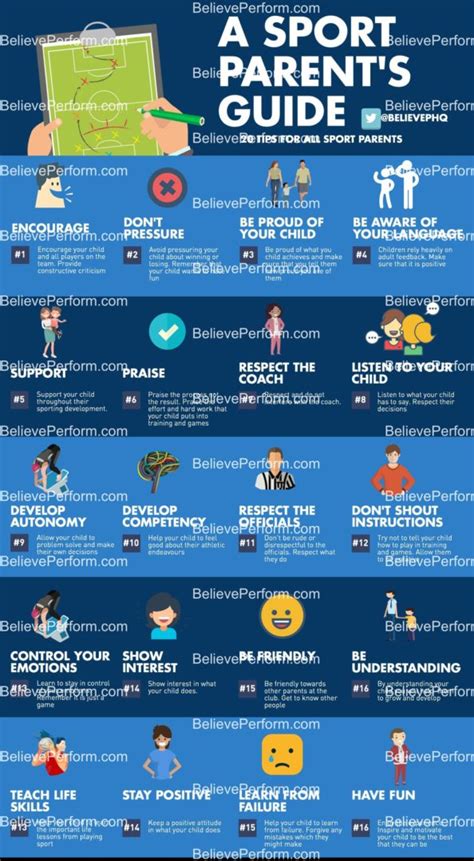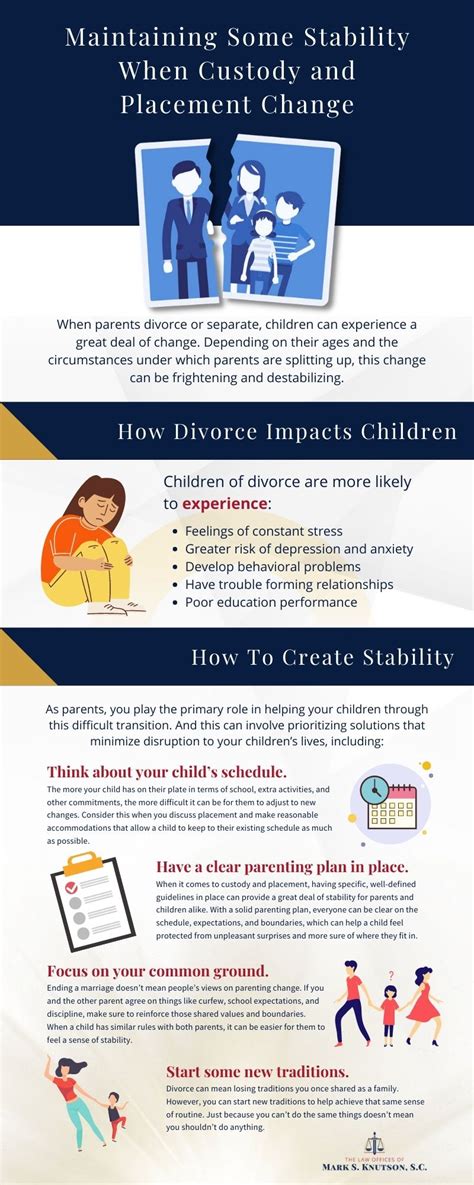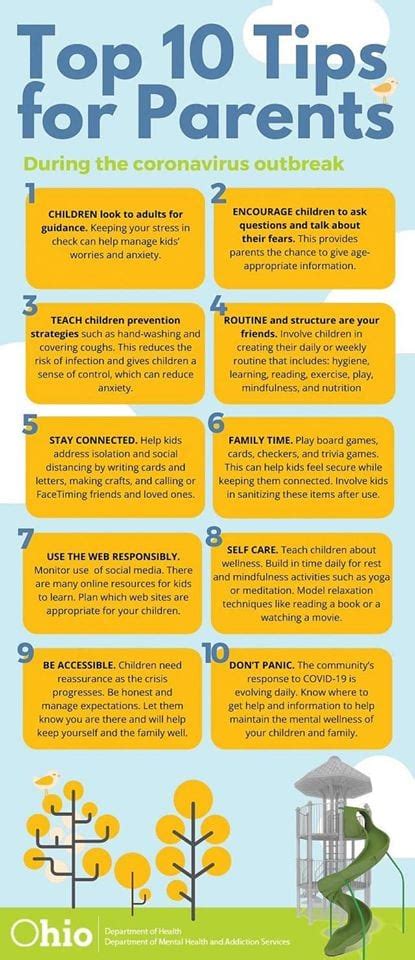Parenting is a rewarding yet demanding journey that often leaves little room for self-care. The constant juggling of responsibilities, from managing household tasks to nurturing your children, can lead to stress and burnout. This is why it’s essential for parents to embrace relaxation techniques that help restore balance and mental well-being. Taking time to relax not only benefits your own health but also allows you to be more present and attentive with your family. In this article, we’ll explore various stress relief methods, from breathing exercises to meditation, that can help parents unwind, recharge, and navigate the challenges of parenting with a calmer mindset.
Investigate this topic thoroughly with domgiz.com
1. Introduction
Parenting is an incredibly rewarding experience, but it can also be incredibly overwhelming. The daily responsibilities of raising children, managing household duties, and potentially balancing work can lead to high levels of stress. As a result, parents often find themselves feeling…

2. Importance of relaxation for parents
Parents need time to relax. The demands of daily life can easily cause stress and exhaustion. Parenting requires constant focus, decision-making, and emotional energy. This often leaves parents with little time for themselves. Over time, all this stress can harm their mental and physical health. This can lead to problems like fatigue, irritability, anxiety, and even burnout.
Relaxation is vital for parents. By taking time to unwind, parents can recharge their batteries, enabling them to approach parenting challenges with more patience and clarity. Integrating stress-relief techniques into their daily lives helps parents better manage everyday responsibilities, decreasing the likelihood of feeling overwhelmed. Furthermore, relaxation techniques can improve sleep quality, boost energy levels, and lift overall mood, all crucial components of effective parenting.
A calm and composed parent fosters a more harmonious home environment, benefiting not just themselves but also their children. Children are keenly aware of their parents’ emotional states, and when parents are relaxed, it creates a sense of security and emotional stability for them. Prioritizing relaxation is therefore not only an act of self-care but also a key ingredient in cultivating a healthier and happier family dynamic.

3. Breathing exercises
Breathing exercises offer a straightforward yet powerful way for parents to manage stress and achieve relaxation. A commonly practiced technique is deep diaphragmatic breathing, which entails inhaling deeply through the nose while allowing the abdomen to expand, followed by a slow exhale through the mouth. This method effectively triggers the body’s relaxation response, leading to a decrease in feelings of tension.
The 4-7-8 breathing technique is another effective exercise. Inhale quietly through your nose for a count of four, hold your breath for seven seconds, and then exhale completely through your mouth for a count of eight. This exercise not only calms the nervous system, but also enhances focus and decreases anxiety.
Regular practice of these breathing exercises, even for brief periods each day, can dramatically enhance emotional resilience and offer rapid stress relief during demanding times. Integrating these techniques into your daily routine can foster a sense of calm and balance amidst the challenges of parenting.

4. Meditation techniques
Meditation techniques provide powerful tools for parents to alleviate stress and improve overall well-being. One effective method is mindfulness meditation, which encourages focusing on the present moment without judgment. To practice mindfulness, find a quiet space, sit comfortably, and concentrate on your breath or a simple mantra. Allow thoughts to arise and pass without engaging with them, gently returning your focus to your breath. This practice fosters a sense of calm and presence, making it easier to manage stress.
Guided meditation, another helpful technique, involves following a pre-recorded meditation led by an instructor. These sessions often incorporate visualization exercises or calming narratives, enabling deeper relaxation and exploration of diverse relaxation techniques.
Even for parents with limited time, brief meditation sessions of 5 to 10 minutes can be remarkably beneficial. Regular practice can foster emotional resilience, sharpen focus, and offer a much-needed mental break from daily responsibilities, leading to a more balanced and fulfilling life.
5. Setting boundaries and prioritizing self-care
Maintaining a healthy balance in parenting hinges on setting boundaries and prioritizing self-care. Boundaries act as protective shields, safeguarding your time and energy, and creating dedicated spaces for relaxation and personal well-being. This might involve establishing specific times for work, family activities, and personal rejuvenation, and communicating these boundaries clearly to your family and colleagues.
Self-care is not selfish, but a vital component of effective parenting. By prioritizing your well-being, you recognize its equal importance to your family’s needs. Schedule regular time for activities you enjoy, be it reading, exercise, or simply relaxing. This will allow you to be the best, most present parent you can be.
Establishing clear boundaries and prioritizing self-care are key to preventing burnout and fostering a more positive, energetic approach to parenting. This balance not only benefits your own well-being but also serves as a healthy example for your family, showcasing the significance of self-care and respecting personal time.
6. Finding time for relaxation
Juggling a busy parenting schedule and finding time for relaxation can be a tough act, but it’s essential for your overall well-being. To make it happen, take a look at your daily routine and see if you can carve out even small pockets of time for yourself. Those few minutes during nap time or after the kids are tucked in can be your secret weapon for stress relief.
Incorporate relaxation into your existing routines. This could involve practicing deep breathing exercises during your commute or using guided meditation apps during work breaks. By scheduling dedicated time for relaxation, such as a weekly yoga class or a daily quiet moment, you can make these practices a regular part of your life.
Incorporating relaxation practices into your family life can yield significant benefits. Engaging in family walks, practicing mindfulness exercises, or simply taking time for deep breathing can be both enjoyable and enriching for everyone. By making a conscious effort to prioritize relaxation, you can effectively manage stress, improve overall well-being, and foster a more peaceful and harmonious home environment.
7. Incorporating relaxation techniques into daily routine
Integrating relaxation techniques into your daily life can significantly enhance and sustain your stress management efforts. Begin by scheduling specific times for relaxation practices, like incorporating deep breathing exercises into your morning routine or practicing meditation before bed. Even brief but consistent sessions can yield substantial benefits.
Incorporate relaxation techniques into your daily routine. This can be done by taking advantage of moments during everyday activities, such as household chores or commutes, to engage in mindfulness exercises or listen to calming guided meditations. By integrating these practices into your existing schedule, relaxation will become a seamless and regular part of your day.
To cultivate a tranquil haven at home, carve out a dedicated space for relaxation, free from distractions. This could be a cozy corner for meditation or a quiet nook for reading. By consistently incorporating relaxation techniques into your daily routine, you can effectively manage stress, maintain emotional equilibrium, and promote overall well-being amidst the challenges of parenting.
8. Benefits of relaxation for parents
Relaxation offers parents significant and wide-ranging benefits. Firstly, incorporating relaxation techniques can dramatically lower stress levels, resulting in improved mental clarity and emotional resilience. Regular relaxation practices equip parents with lower anxiety levels, enabling them to face daily challenges with a calm and focused approach.
Furthermore, relaxation enhances physical well-being by mitigating the likelihood of stress-induced problems like elevated blood pressure and persistent fatigue. Another advantage is the improvement of sleep quality, as relaxation methods facilitate mental tranquility and bodily readiness for restorative slumber.
Furthermore, a relaxed parent is more likely to cultivate a positive and supportive home environment. Children are attuned to their parents’ emotional states, meaning a calm disposition promotes harmonious family interactions and strengthens bonds. Ultimately, prioritizing relaxation contributes to a more balanced, fulfilling, and successful parenting experience.
9. Conclusion
In conclusion, relaxation is not a luxury but a necessity for parents facing the everyday challenges of raising children. The demands of parenting can be overwhelming, making it crucial to include effective stress-relief techniques in your daily routine. By incorporating practices like deep breathing exercises, meditation, and mindful relaxation, parents can significantly enhance their mental and physical well-being.
To make relaxation a regular part of your life, setting boundaries and prioritizing self-care are essential. Even with a busy schedule, you can find time for relaxation by incorporating these practices into your existing routines and creating a dedicated space for tranquility.
Beyond individual well-being, relaxation benefits family dynamics. When parents prioritize relaxation and maintain a balanced state, they are better able to manage stress, cultivate a peaceful home environment, and forge stronger bonds with their children. This not only improves parental health but also serves as a positive role model for the entire family.
By integrating these techniques into your daily routine, you can cultivate a more rewarding and manageable parenting experience. Embrace relaxation as a crucial aspect of self-care, and witness its positive impact on both your personal life and your family dynamics.
domgiz.com

